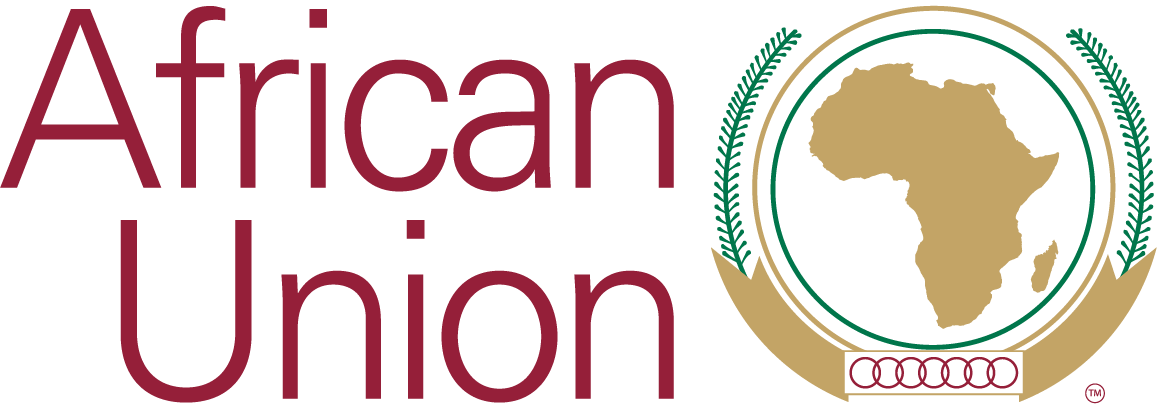African Union
Model Law on Food Security and Nutrition in Africa
- Published on 31 December 2019
- Not commenced
- [This is the version of this document from 31 December 2019.]
- [Note: The original publication document is not available and this content could not be verified.]
- [The publication date of this work could not be ascertained. We used the date 31 December 2019 because the work was published during the course of the year 2019.]
